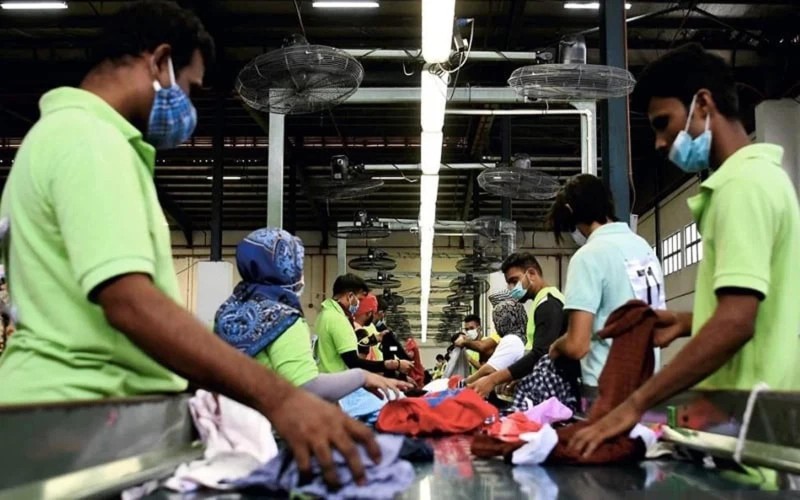
The concept of a minimum wage in Malaysia was introduced in 2011 by the government, which established and gazetted the National Wages Consultative Council Act, aimed at:
- ensuring the basic needs of workers and their families are met;
- providing them with adequate social protection;
- incentivising businesses to invest more in advanced technologies; and
- reducing dependency on foreign labour.
The minimum wage was first set in 2013 at RM900 for Peninsular Malaysia and RM800 for Sabah and Sarawak. It was then increased to RM1,000 in 2016, and to RM1,100 in 2019.
During the pandemic, the council decided to raise the minimum wage more aggressively to RM1,200 in 2020 and RM1,500 in 2022. This trend indicates the setting of a new minimum-wage level every two to three years.
Most recently, it was announced during Budget 2025 that the minimum wage in Malaysia will be raised from RM1,500 to RM1,700 starting from February – a move that has been welcomed by certain quarters.
Who does it apply to?
The minimum wage applies to nearly all employees regardless of working arrangements, as well as foreign workers. If you are in a full-time, part-time, contract, commission-based or other working arrangement, you are entitled to RM1,700 per month or RM8.17 an hour at the minimum.
There are, however, two exceptions: those who are on an internship or apprenticeship do not qualify, and you will not be eligible if you are a domestic worker.
That said, Indonesia and the Philippines have previously negotiated a minimum wage of RM1,500 and US$400, respectively, for their domestic workers in Malaysia. They are likely to renegotiate in line with the increase in Malaysia’s minimum wage.
Companies with under five employees are given six months to comply with the minimum wage. This is owing to the fact that small companies will face steeper increases in their salary costs compared with big firms.
So, what are the pros and cons of a minimum wage for Malaysians?
Pros
- Malaysians (and foreigners) are compensated fairly: A minimum wage provides a salary floor regardless of your race, status, nationality, or other characteristics, helping you to support yourself and your family. This is important as absolute poverty rates have increased in recent years to as high as 8.4% in 2020. It stands at 6.2% as of 2022.
- Increased EPF and Socso contributions: With a higher minimum wage, the amount contributed to EPF and Socso by you and your employer will also increase. EPF is important for your retirement, while Socso provides you with coverage against working accidents and disabilities.
Cons
- Salaries could be reduced: To pay for higher minimum wages, employers might resort to reducing the salaries of employees who earn more. This is rare, but companies that aren’t doing so well may have to make unpopular decisions that don’t violate the law.
- Employers might be more discerning: With a higher minimum wage, employers might be more selective when hiring. After all, they will face higher salary costs and might even decide to not hire if they can’t afford to.
Employed but not given minimum wage?
By law, your employer needs to pay you the minimum wage. You can bring your case to the National Wages Consultative Council and the human resources ministry.
If there is a valid case, government officials will conduct an investigation and request for relevant documents from your employer. In some cases, they could even get a warrant to enter your employer’s property to seize the required documents.
With sufficient evidence, a court case will be brought against the employer. If convicted, the employer could face penalties of about RM10,000 for the first offence, and might have to reimburse the outstanding difference between your current salary and the minimum wage.
If you are worried about your position in the company (whether by being the victim or an informer), the Act has specific secrecy laws to protect your identity.
Source: https://www.freemalaysiatoday.com/category/leisure/2024/11/15/minimum-wage-in-malaysia-an-overview/

